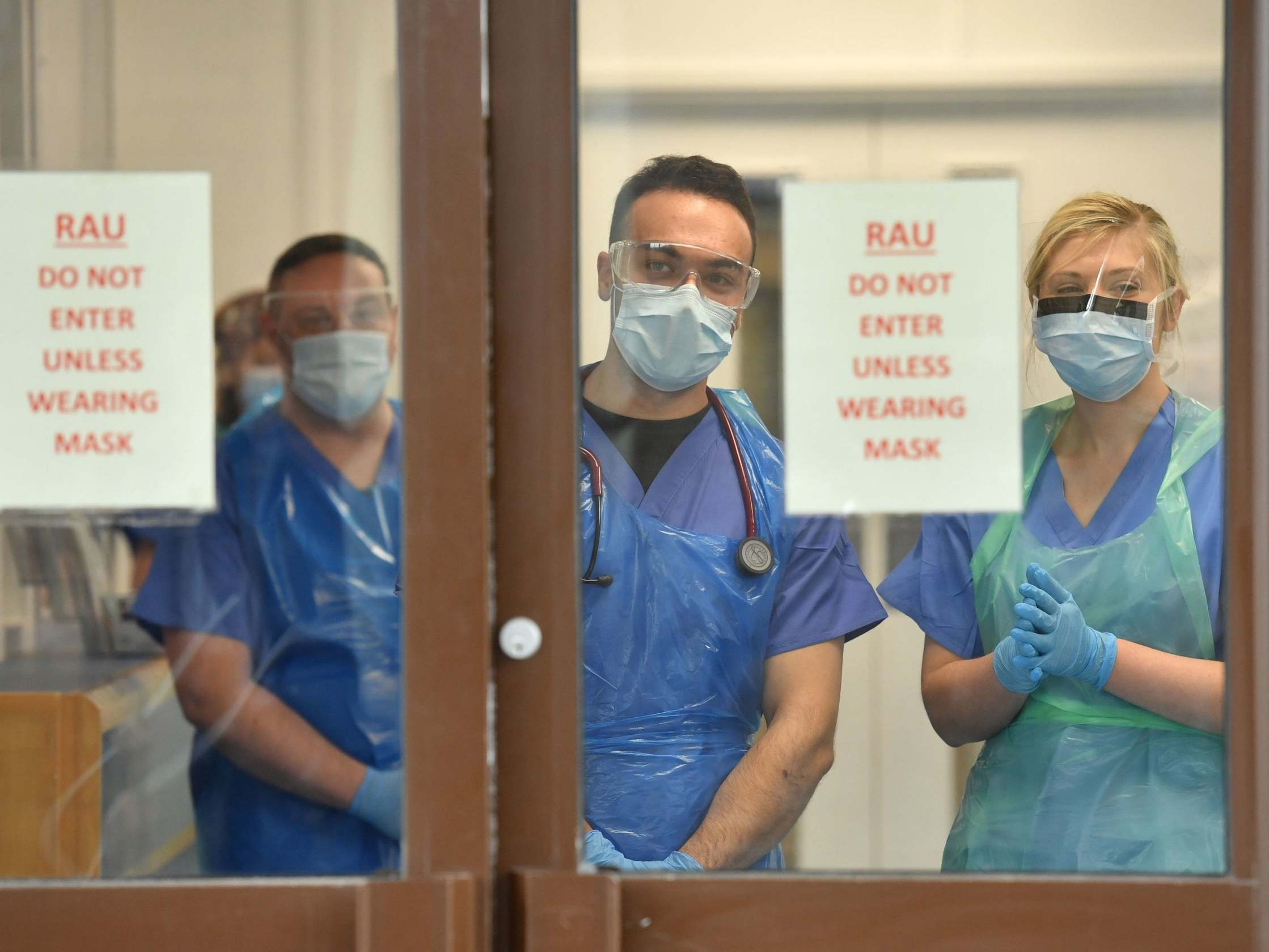Beating coronavirus requires the one thing the world routinely fails at – working together
We have an obligation to help our neighbours with whom we share this planet, writes Hilary Benn. Their survival, as well as our own, depends on it


The last few weeks have brought out the best in our communities in the face of great adversity. People looking out for their neighbours, ensuring that the most vulnerable have access to food, and checking in with friends and family who live alone. Twenty thousand former nurses, carers and doctors have rejoined the NHS to offer their skills and experience and 750,000 members of the public have come forward to volunteer and help in whatever way they can. All of this is a reminder that the UK is, at heart, a caring and a generous country.
But as our nation has come together, the continued global spread of coronavirus is a reminder that diseases do not respect national borders. With over 3 million cases now confirmed around the world, we need a huge international effort to combat this virus. Sadly, the same sort of community spirit that we have seen in many countries has been in short supply internationally so far.
We have seen a competitive scramble for personal protective equipment (PPE), a lack of transparency in some countries about the extent of infection, finger-pointing and blaming, the absence of regular UN Security Council discussions (the first one was only held at the beginning of April) and, most recently, President Trump’s decision to halt funding for the World Health Organisation (WHO). Whatever the president thinks of WHO’s performance to date, the middle of a pandemic is not the time for such a dangerous and misguided step.
Nothing should be allowed to get in the way of our joint fight against this dreadful disease; just look at the cooperation that is already happening between scientists and pharmaceutical companies across frontiers as they work together to develop a vaccine. But much much more will need to be done.
A big priority will be to support developing and conflict-affected countries as and when the virus spreads.
Countries where millions of people have no access to clean water to wash their hands, and which don’t have anything like enough doctors, nurses, PPE or ventilators. According to the WHO, there are fewer than 2,000 working ventilators to serve hundreds of millions of people in public hospitals across 41 African countries (the USA has more than 170,000) and in some countries there are no ventilators at all.
And what about countries like Yemen and Syria, both facing humanitarian emergencies and damaged health services, or South Sudan and Venezuela? You don’t have to like a nation’s leaders or its politics to believe that their citizens should not suffer because of them.
The head of the World Food Programme has recently warned of the risk of widespread famines of “biblical proportions” because of the coronavirus pandemic.
And then there’s the economic impact of a global slowdown that will hit the poorest countries hardest. It’s why David Miliband of the International Rescue Committee (IRC) has described this as a double emergency.
The truth is that until a vaccine is developed, and sufficient quantities of it can be manufactured and then distributed across the world – and we are talking about more than a year – this virus is going to remain with us.
We are going to need a huge amount of masks, gowns, gloves, medical equipment and testing kits. Now is the time for a global effort to make and distribute them.
Some countries will need help to pay for the cost of all this, including for a vaccine when it is ready. We have shown previously what we can do with initiatives like Gavi, the Vaccine Alliance, and the Global Fund to get medicines to where they are needed, so there is no reason why we cannot use a similar approach in the fight against coronavirus.
In doing all of these things we will need countries to commit to working together. That requires political leadership and will that is prepared to rise above narrow nationalism. After all, the kind of community spirit we have seen in the UK in response to this crisis springs from exactly the same well of belief that we have an obligation to help our neighbours with whom we share this planet.
The UK’s longstanding commitment to aid and to debt relief is the practical expression of our common humanity. So let us now combine our money and our leadership to show what we can do.
Hilary Benn MP is former secretary of state for international development
Join our commenting forum
Join thought-provoking conversations, follow other Independent readers and see their replies
Comments